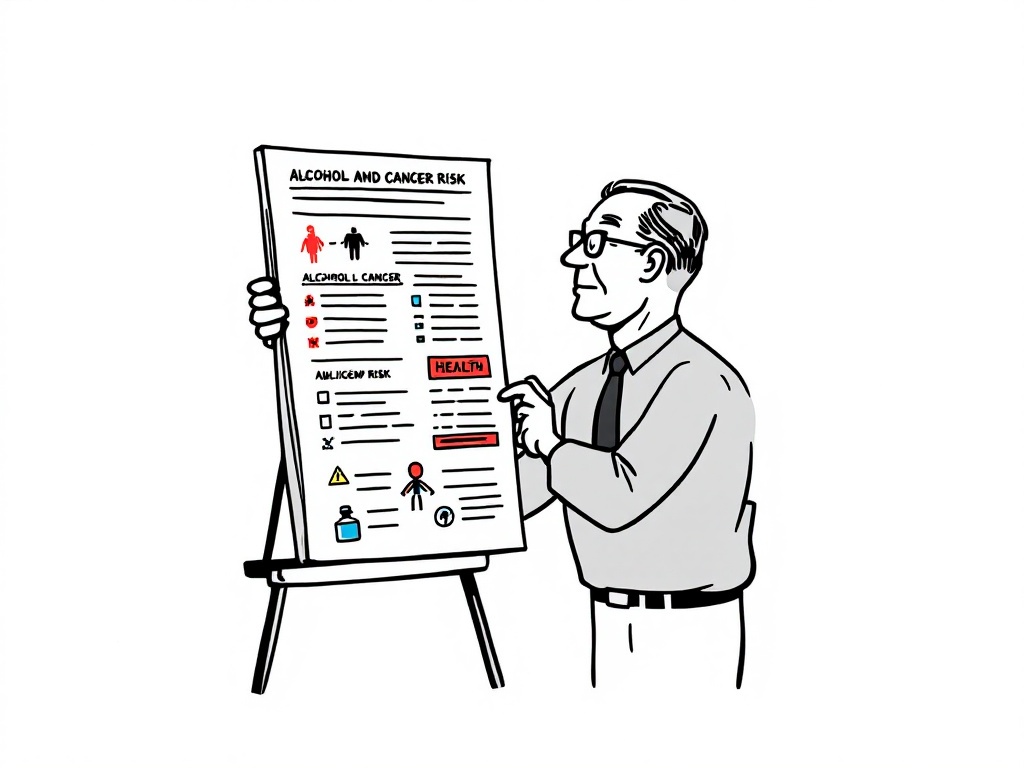U.S. Surgeon General Highlights Alcohol as Major Cancer Risk

Washington D.C., Friday, 3 January 2025.
The U.S. Surgeon General’s advisory reveals alcohol as a preventable cause of cancer, linked to 100,000 cases annually, urging updated warning labels on alcoholic beverages to enhance public awareness.
Critical Health Advisory Details
U.S. Surgeon General Dr. Vivek Murthy issued a comprehensive advisory on January 2, 2025, establishing alcohol as the third-leading preventable cause of cancer in the United States, following tobacco and obesity [1][2][3]. The report reveals that alcohol consumption is responsible for approximately 100,000 cancer cases and 20,000 cancer deaths annually in the United States [1][3], with research linking it to at least seven types of cancer, including breast, colorectal, esophageal, liver, mouth, throat, and voice box cancers [3][4].
Public Awareness Gap
Despite the significant health risks, there’s a concerning lack of public awareness about the alcohol-cancer connection. According to recent data, while approximately 72% of U.S. adults reported consuming one or more drinks per week in 2019-2020, less than half of Americans recognize alcohol as a cancer risk factor [3]. This awareness gap has prompted Dr. Murthy to emphasize that even light drinking may pose health risks, with no safe consumption level identified [1].
Political Implications and Future Actions
The implementation of new warning labels faces political hurdles as it requires Congressional approval [4]. With the upcoming administration change, the initiative’s future remains uncertain. President-elect Donald Trump, known for his personal abstinence from alcohol, will need to consider this policy alongside his nominee for Secretary of Health and Human Services, Robert F. Kennedy Jr [4]. Dr. Murthy’s term is set to end on January 20, 2025, with Dr. Janette Nesheiwat nominated as his successor [6].
Medical Community Response
The American Medical Association has strongly endorsed the advisory, with its president Dr. Bruce Scott stating that it will ‘bolster awareness, improve health, and save lives’ [1]. The medical community particularly emphasizes the disproportionate impact on women, with studies indicating that 16.4% of total breast cancer cases are linked to alcohol consumption [2]. Notably, recent years have seen a dramatic rise in alcohol-related deaths among women [2].